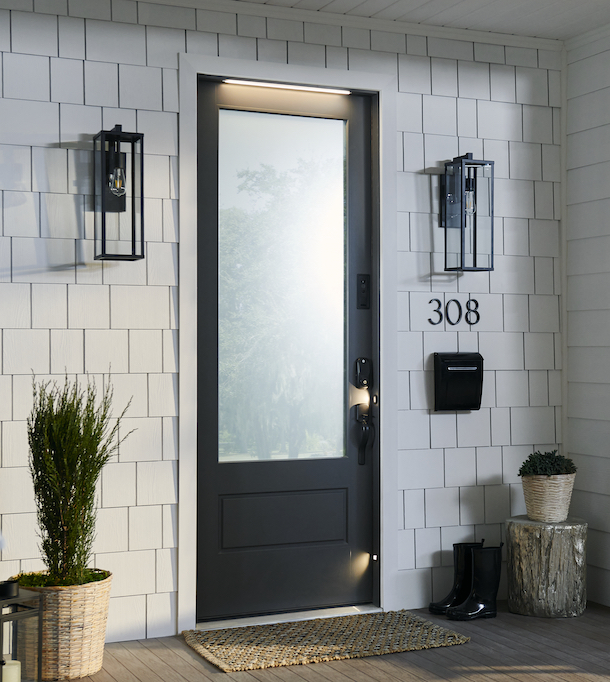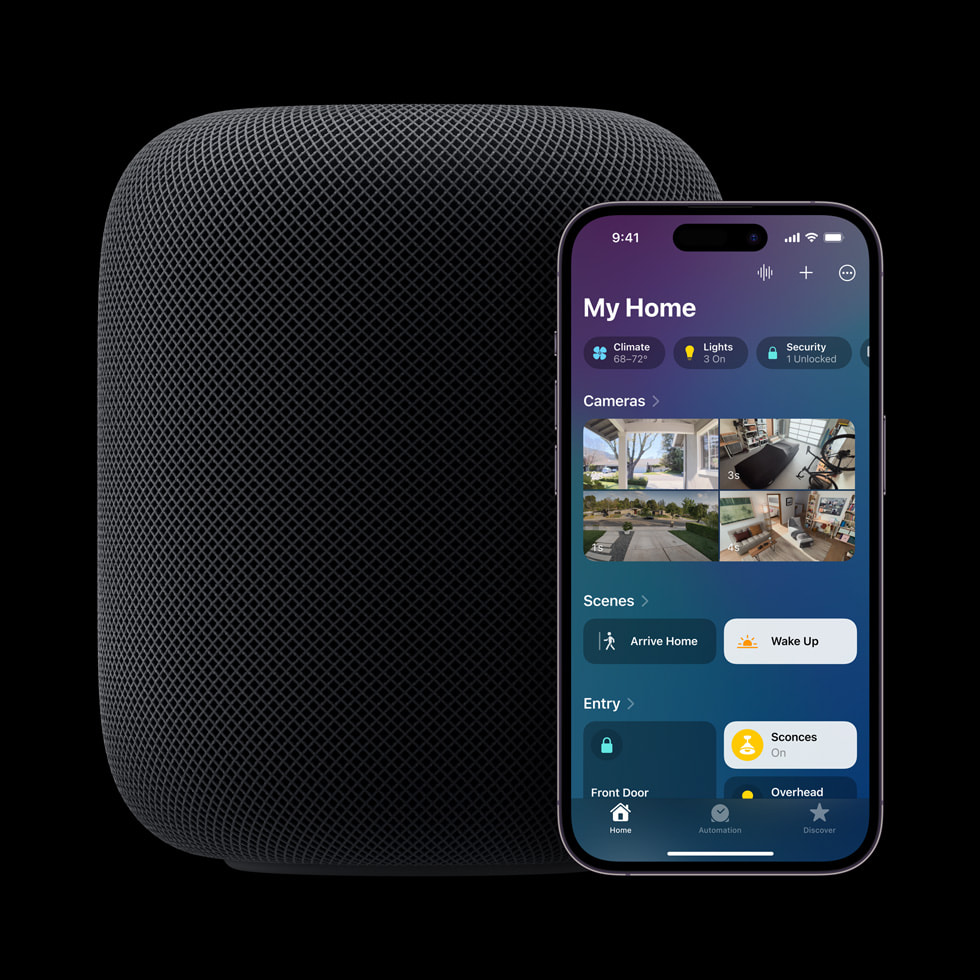Amazon’s head of devices, David Limp, plans to retire as part of a wave of executives that have been leaving Amazon in the last year. Also, next year Alexa and the Amazon Echo will be 10 years old, which prompted us to take a look at the role Alexa and the Amazon Echo have played in the smart home, along with what has and hasn’t changed. Our concerns about the state of the smart home are perfectly illustrated by this review of the Mill composting system created by Nest co-founder Matt Rodgers, and the news that Masonite is now selling its expensive smart door at Home Depot. There’s positive news as well, as the FCC releases its Notice of Proposed Rule Making for the IoT cybersecurity label. Y’all have 30 days to comment, so get on it. Then we talk about Microsoft’s discovery of a new set of vulnerabilities affecting industrial equipment, and a new company that will become a secondary source of Z-Wave chips. Kevin also shared his review of the Homey Pro smart home hub, which is expensive but allows users to control their devices locally. Finally, we answer a listener question about what light bulb a woodworker should use in a lamp he’s trying to build.

Our guest this week is Mariusz Malkowski, founder and CTO of Trident IoT, who tells us about the company’s origin and what it means for the Z-Wave community. He also explains how Matter will work with Z-Wave, and the importance of bridging between the two standards. We discuss the future of Z-Wave, including the plans for Z-Wave Long Range and planned security upgrades. We then cover how Trident is going to build Z-Wave chips, but also how it will focus on building or integrating other smart home radio protocols into devices, and will act as a Z-Wave certification house as well. Enjoy the show.
Hosts: Stacey Higginbotham and Kevin Tofel
Guests: Mariusz Malkowski, founder and CTO of Trident IoT
Sponsors: Skyhawk
- David Limp’s departure from Amazon inspires a smart home reckoning
- Are expensive doors and compost services the future of the connected devices?
- The Homey Pro is an expensive hub with privacy in mind
- Why a new chipmaker could boost the Z-Wave standard
- Trident IoT is building a new type of chip company
Podcast: Play in new window | Download | Embed
Subscribe: RSS


